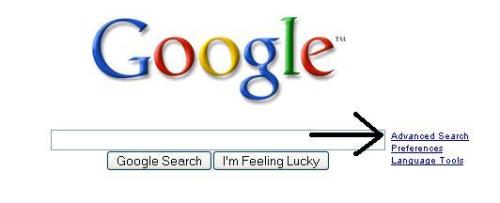One of the primary differences between searching the Web using Google and searching the library databases is the ability to perform a subject search. When you search Google, you are performing a keyword search. Your search terms can appear anywhere in your results.
In contrast, most of the library databases allow you to search by subject. This is because someone at the database examines each article and identifies the subjects it covers. Subject headings (sometimes called descriptors, or more generically tags) are applied to each article and can be viewed in the database record for each item.
So when you search the library databases (1) determine if the database indexes materials by subject (2) identify the subject headings or descriptors used by the database for your topic (3) perform a subject search using the appropriate subject terms and phrases. This require a bit more work and investment at the beginning of your search. However, the payoff is a much more precise search with results that are highly relevant to your topic. Take a look at the subject searching tutorial to discover strategies for identifying the subject headings you should be using in your searches!
Compare this search method with a web search using Google. More often than not with Google you get hundreds of thousand of results, and then have to sort through all those results to identify relevant items. You might be inclined to just go with the first few results you get, but is that really what you want to do for an academic paper? Remember, as a student at Regis you are responsible for learning the content of your course, but you also should take the initiative to learn about new search tools and information resources. You already know about Google, so why not explore Business Source Premier, America History and Life, PsycINFO, and more!
In addition, web search engines will often direct you popular resources like Wikipedia or About.com. These websites do have value, but they are not academic or scholarly, and should not be relied upon to perform scholarly research. Instead, look to the library databases which provide you with a focused collection of scholarly peer reviewed journals and trade publications.
P.B.


